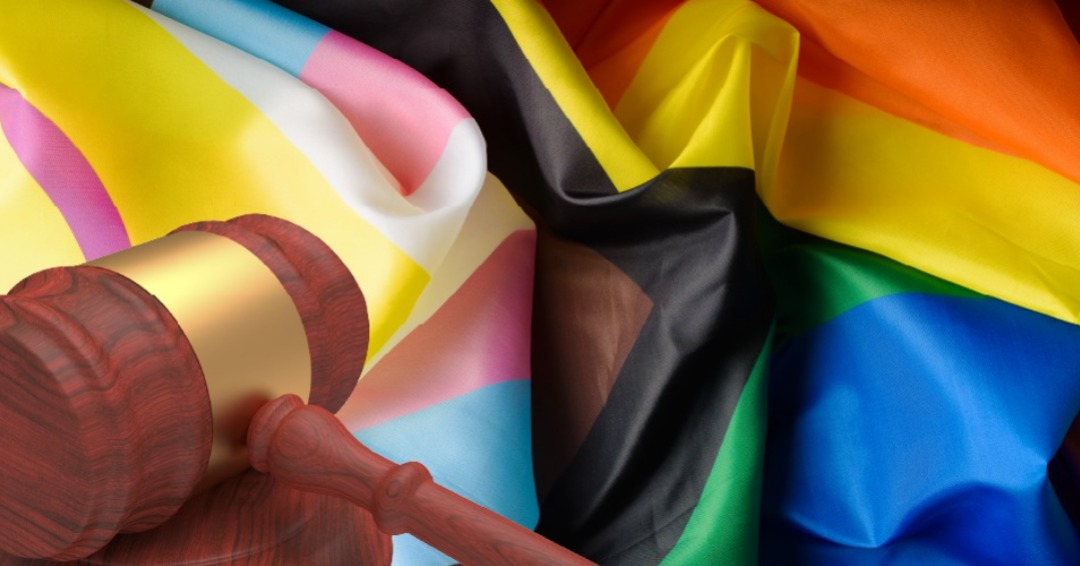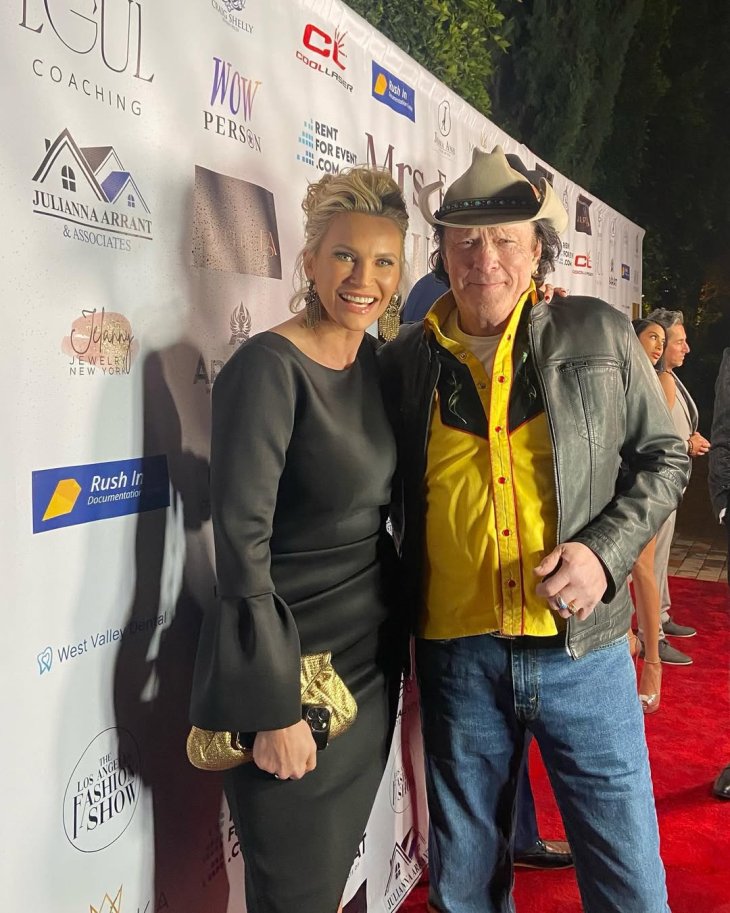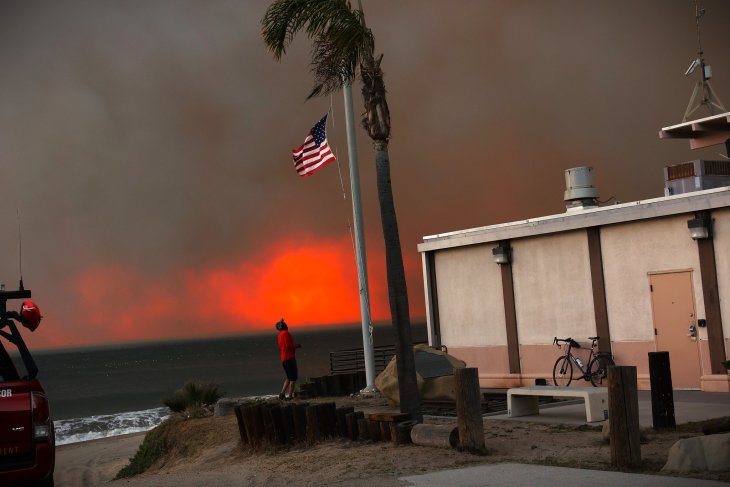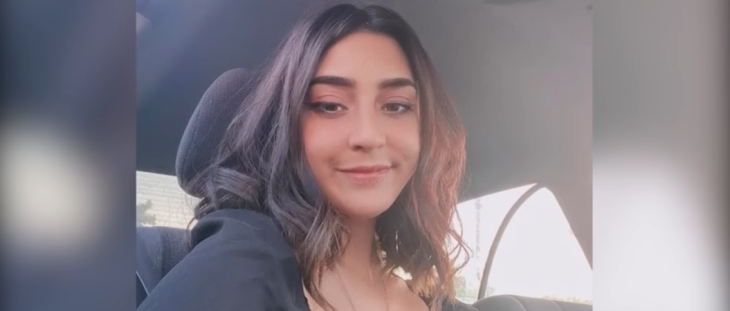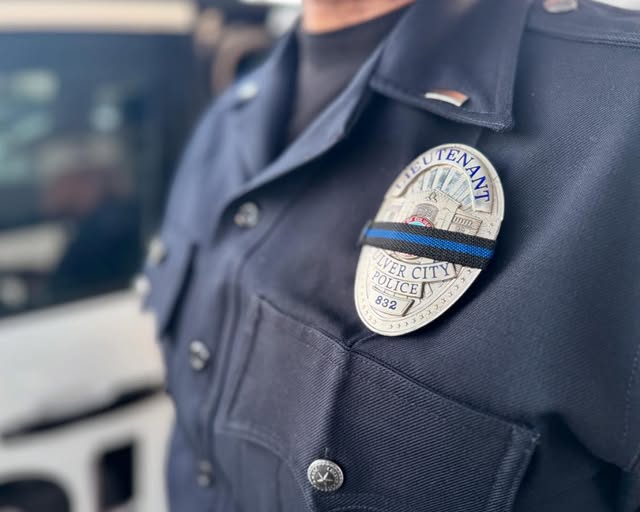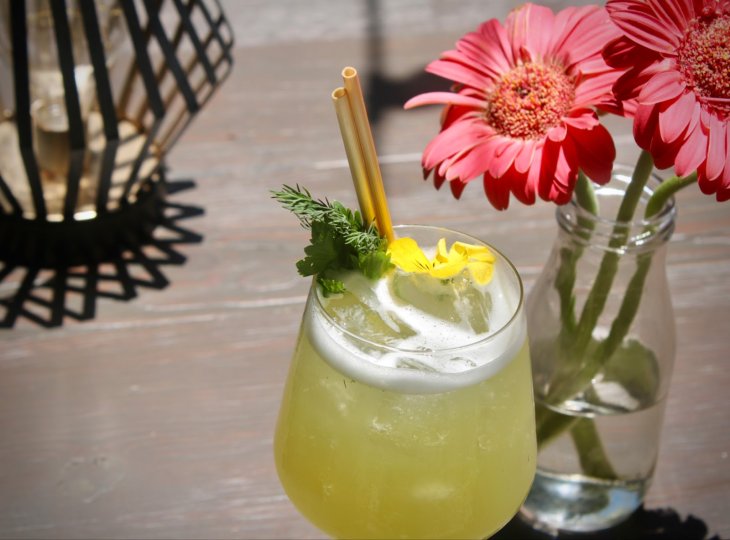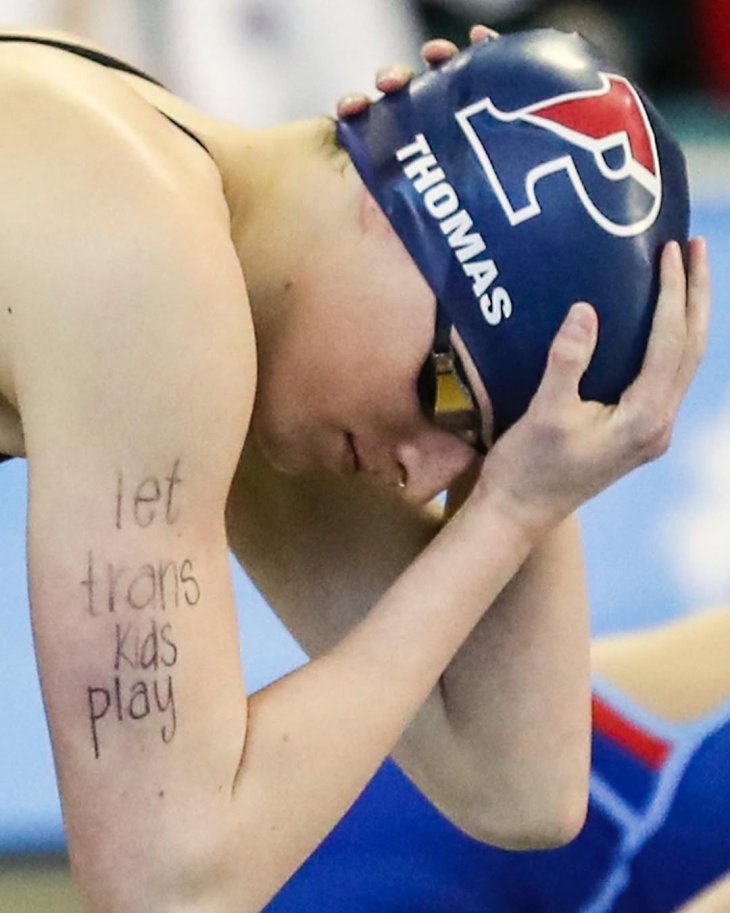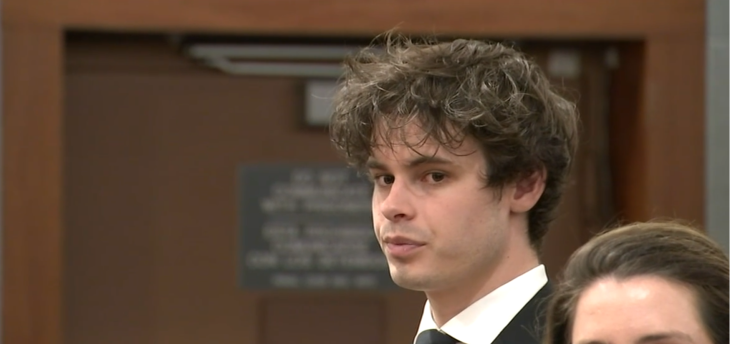Ruling Upholds Right to Legal Action, Rejects Protection for Baseless Child Sexual Abuse Claims
The Ontario Superior Court of Justice, in the case of Rainbow Alliance Dryden et al. v. Webster, has ruled in favor of allowing a defamation suit to proceed against an individual who publicly labeled members of the 2SLGBTQI+ community as “groomers.” in a press release from the legal team of Egale Canada. The court emphasized that baseless accusations of child sexual abuse against the 2SLGBTQI+ community are not protected under Ontario’s anti-SLAPP law, reinforcing the right to pursue defamation claims in such cases.
This is a landmark case in Canada and shows that this method of defaming the character of LGBTQ+ people might be actionable in other countries.
The court considered Egale Canada’s intervention, highlighting the historical weaponization of false accusations of pedophilia against 2SLGBTQI+ individuals to deny them equal rights and opportunities. The decision underscores the importance of allowing those targeted by homophobic and transphobic myths to seek legal recourse, especially amid rising levels of hate, harassment, and violence fueled by misinformation.
The term “groomer” was addressed as a slur used against drag performers, perpetuating harmful stereotypes. The court recognized the slur as rhetoric based on hurtful and hateful myths and stereotypes, emphasizing the right of those accused to take legal action to protect their reputations.
In Dryden, Ontario, Brian Webster referred to a drag performer and the local 2SLGBTQI+ community organization, Rainbow Alliance Dryden (RAD), as “groomers.” The lawsuit for defamation was initiated in response to Webster’s Facebook post, which included screenshots of a news article about an all-ages drag event, attracting violent threats and placards linking drag performances to pedophilia.
Webster sought to dismiss the defamation suit using anti-SLAPP legislation, arguing that his post expressed an opinion on a matter of public interest. However, the court rejected this argument, acknowledging that baselessly accusing drag performers of child abuse is not a matter of opinion or public interest, allowing the case to proceed to trial.
Egale intervened, providing the court with context about the relationship between drag performance and 2SLGBTQI+ culture, as well as the impact of accusations of child abuse against the community. The court considered Egale’s submissions, recognizing drag performances as a form of cultural expression and condemning the equation of drag performances to child grooming as rooted in homophobic and transphobic beliefs.
The court relied on Egale’s intervention to affirm that the term “groomer” functions as a slur against drag performers and the broader 2SLGBTQI+ community. Referencing the Supreme Court of Canada’s recent findings in Hansman v. Neufeld, the court emphasized the unique marginalization of trans and gender-diverse people, deeming public comments exposing them to hatred and contempt, such as the accusation of child abuse, as less worthy of protection.
Daniel Girlando, Natalie Kolos, and Lauren Malatesta of Borden Ladner Gervais LLP represented Egale’s intervention. For additional technical details on the decision, please refer to the analysis by Judson Howie LLP, the plaintiffs’ representatives in this motion.

